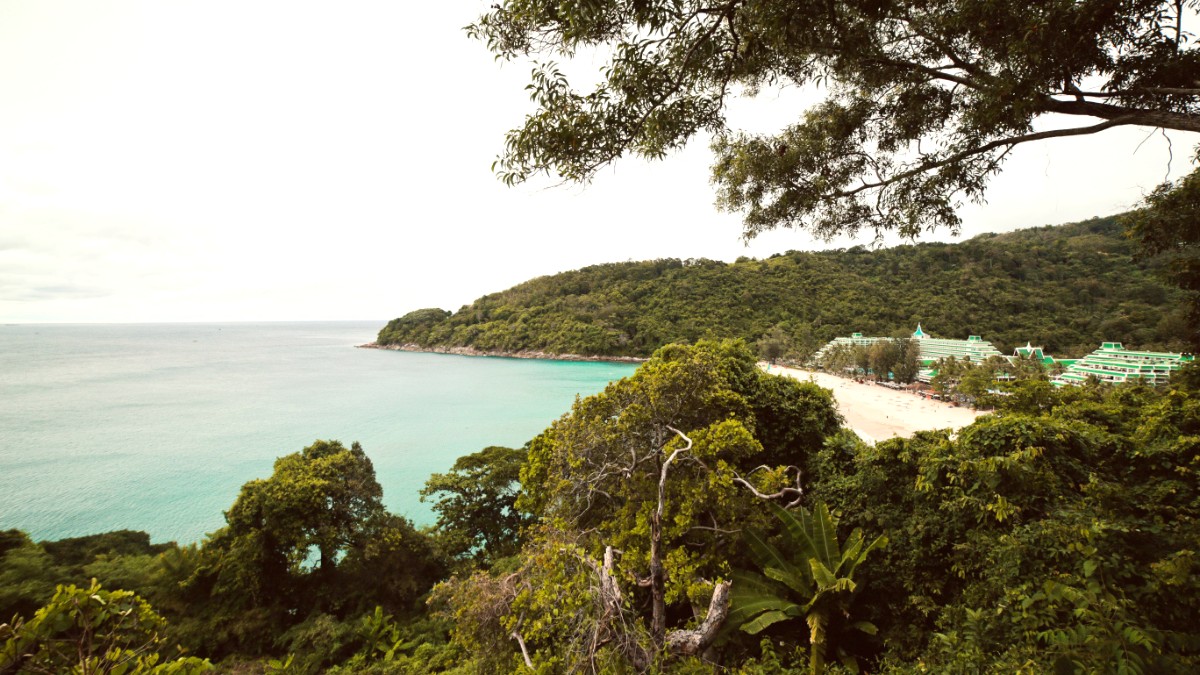
Andaman Coast, Thailand
Mu Ko Lanta National Park protects marine life and coastal ecosystems. Mangrove forests act as natural barriers and habitats.
Plastic pollution is a concern. Minimize plastic use; carry reusable bottles, decline straws and bags.
Freshwater is precious on an island. Take shorter showers, turn off taps, reuse towels and linens.
Support sustainability through accommodation and tour selections.
Look for hotels and resorts promoting sustainability.
Choose operators promoting ethical wildlife interactions.
Air travel contributes significantly to carbon emissions.
Terrapass: Carbon Offset ProviderDonate to reputable carbon offset programs that invest in projects reducing greenhouse gas emissions.
The Rainforest Site (GreaterGood)Your choices contribute to Ko Lanta’s environmental well-being.
A mindful approach to local culture and economy enhances your trip and benefits Ko Lanta.
Support local communities in Ko Lanta Old Town.
Engage with locals in a polite and considerate manner.
Avoid intrusive photography, especially in private settings or of people in vulnerable situations. Be mindful of privacy.
Always seek consent before taking pictures of people. Not everyone wants their picture taken.
Be respectful in religious sites. Photography inside may be restricted or require a small fee.
Avoid photographing people in vulnerable situations or private moments.
Respectful photography captures memories without infringing on local privacy.
Ensure your visit contributes positively to the local community and adheres to ethical travel principles.
Seek out tours and activities run by local Ko Lanta residents.
Buy souvenirs directly from local artisans in Ko Lanta Old Town or local markets.
Avoid elephant riding camps, tiger temples, or shows with captive animals.
Do not give money directly to begging children. If you wish to donate, research and give to legitimate local charities, schools, or community development projects.